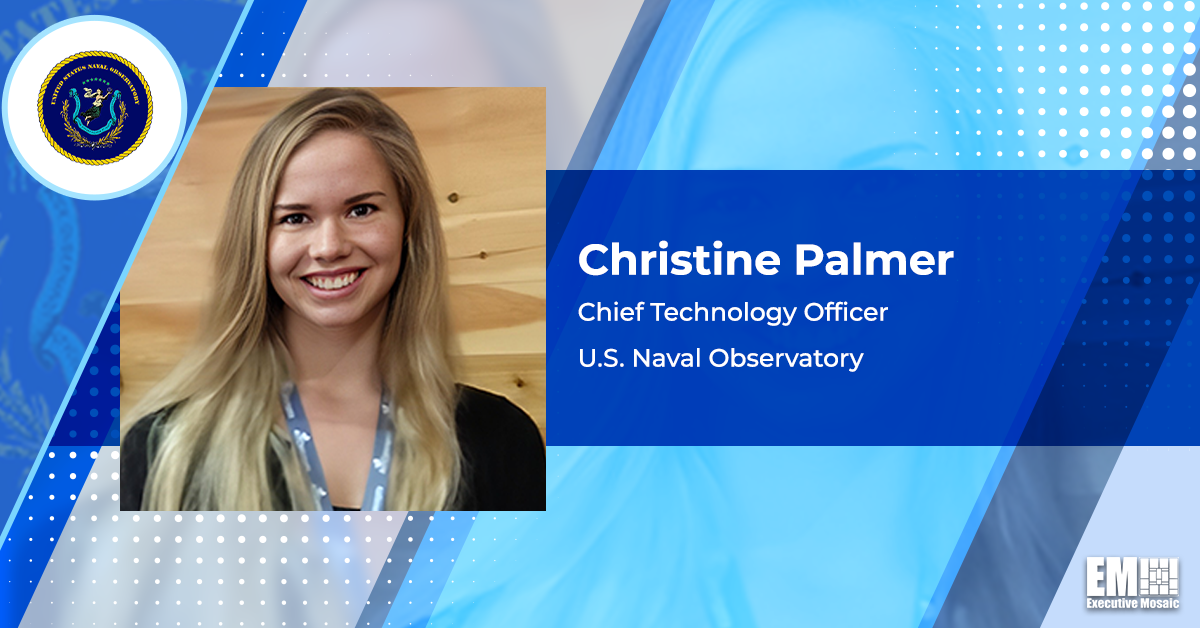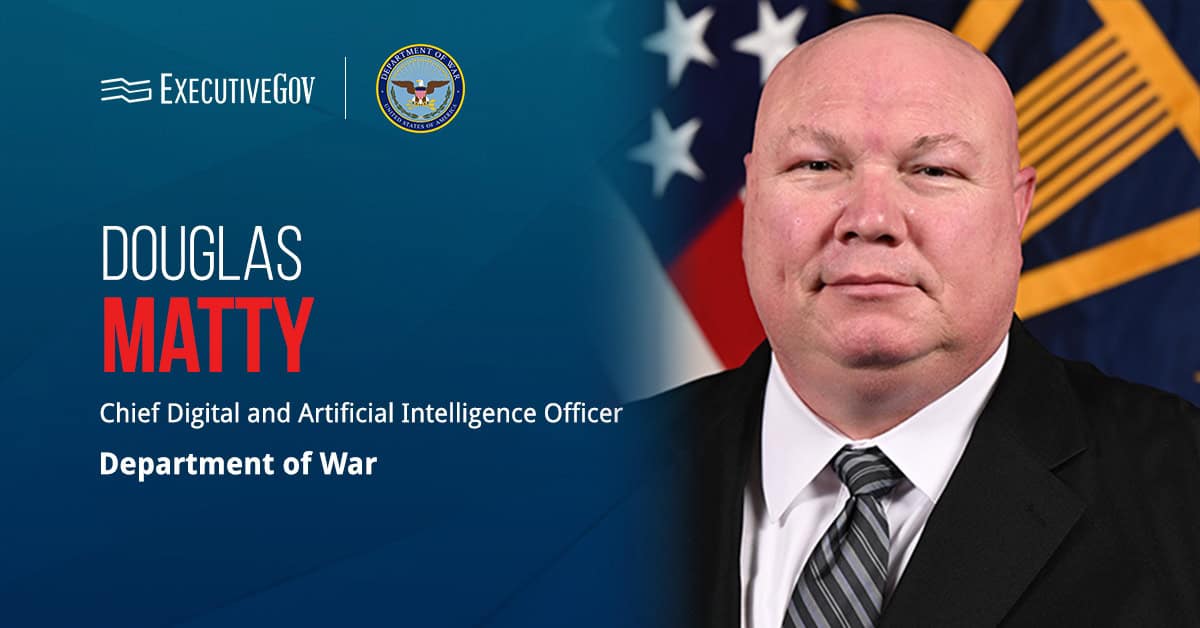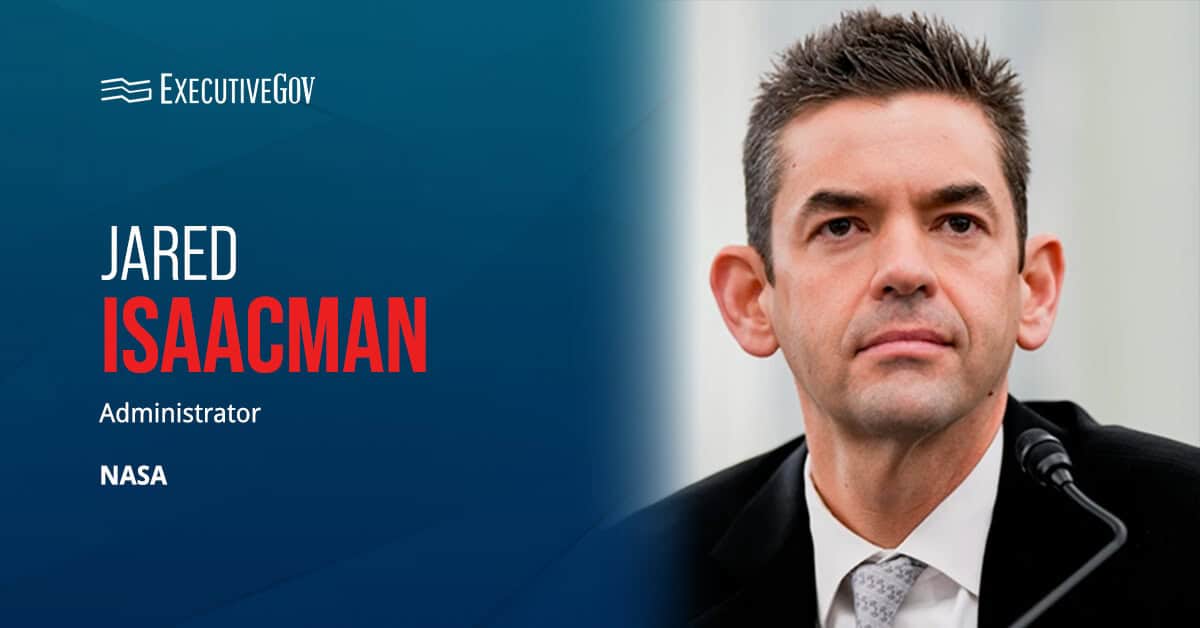Christine Palmer, a former data scientist at Frontier Technology and Booz Allen Hamilton, has taken on a public sector role as the U.S. Naval Observatory’s chief technology officer.
She announced her return to civil service in a LinkedIn post published Thursday and noted that USNO is “the official source of time for the Department of Defense, military, and standard of time for the entire United States.”
Palmer served as data scientist within the Department of Defense from July 2016 to March 2018 before moving to Booz Allen, where she worked through July 2019.
Previously, she worked as electrical engineer at Penn State University’s Applied Research Laboratory and supported navigation research and development efforts for the U.S. Navy’s Office of Naval Research.
Her technical background spans data science, engineering and cybersecurity.





